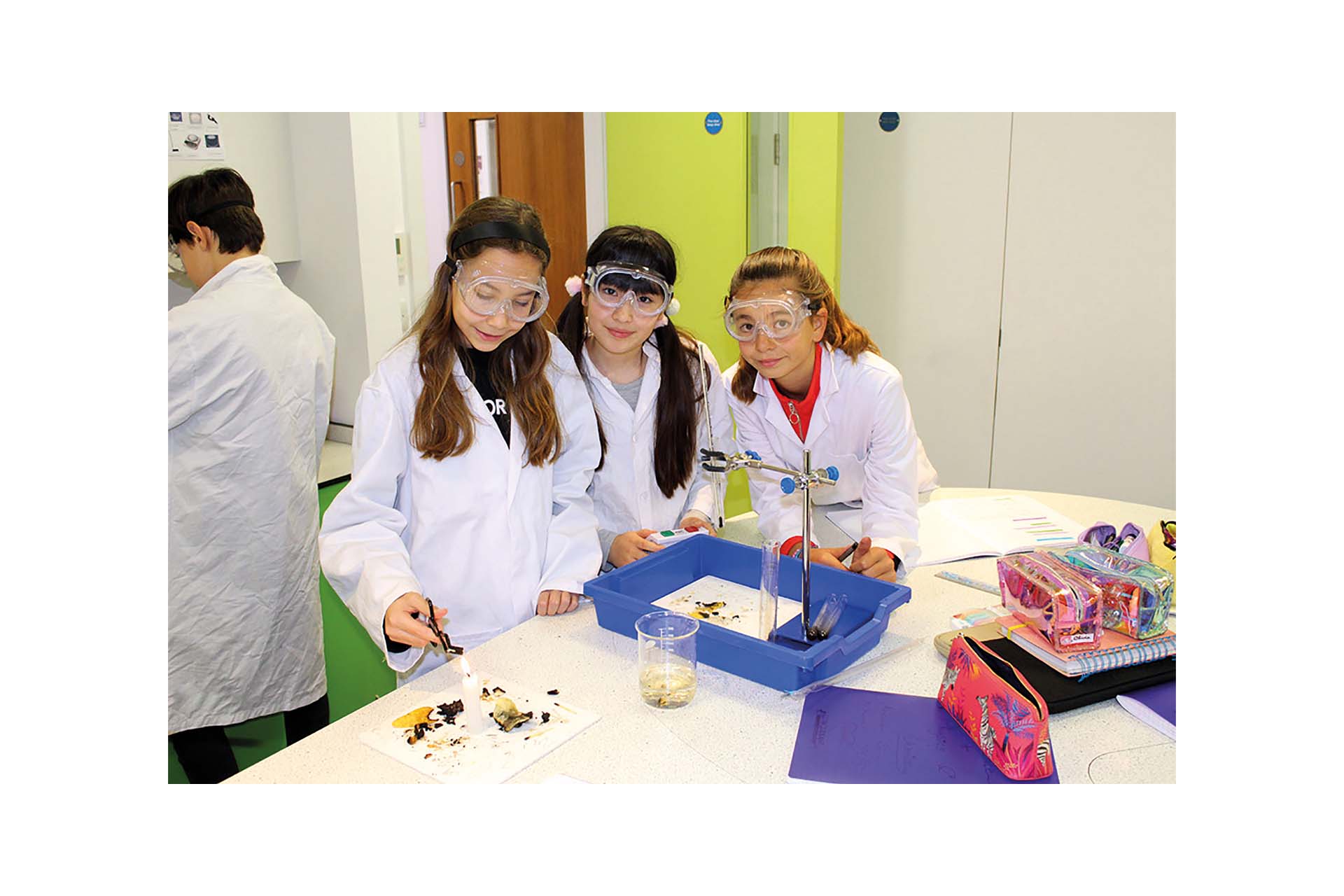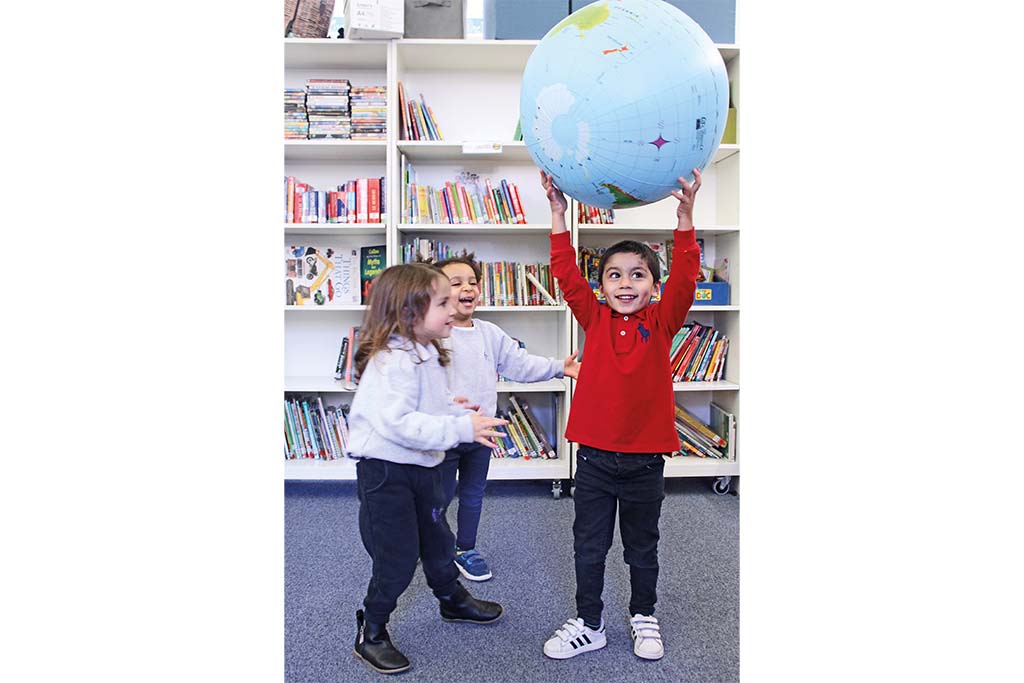Language Immersion and Cultural Proficiency
By
4 years ago

Pupils are prepared for a life aided by understanding cultural nuance at EIFA International School

As society has become more globally connected, the ability to communicate effectively across cultural boundaries has gained increasing prominence. In the workplace, being able to understand and grasp the cultural sensitivities and specificities of all stakeholders may facilitate a deal and improve the results of a company.
Ideally, an employee needs to be fluent in foreign languages to be able
to interact effectively with multi-cultural stakeholders. People are naturally more prone to engage with people they can relate to and understand.
Cultural flexibility, and more generally efficient cross-cultural communication, is best acquired through interaction within an international environment from a young age.
Bilingual education is a point of entry to international and multi-cultural awareness. With over 40 nationalities and teachers coming to EIFA from all over the world, the students are exposed to an international environment early on.
Most children in the UK are introduced to a foreign language at age 9 and in many cases, their level will never reach a professional fluency level. With public figures, such as the Duchess of Cambridge, Kate Middleton, making headlines for reportedly raising bilingual children, many parents are now considering how to help their young ones learn another language.
As EIFA welcomes children as early as the age of 21 months old, the pupils can follow a fully bilingual education until the age of 18 years old. For those pupils who join later without being proficient in one of the languages, the school will ensure they reach the required level through specialised classes of EAL (English as an Additional Language) and FLE (French as a Foreign Language).

In Nursery and Junior School, EIFA pupils benefit from two native speaking teachers for each subject. They follow the official French curriculum with the addition of elements from the British curriculum. Meanwhile, in the Senior School, all core subjects are taught in one or the other language, also by native teachers.
From Year 10, pupils prepare for IGCSEs followed by the globally recognised International Baccalaureate® (IB). IGCSEs are an excellent preparation for the rigours of the IB, requiring pupils to take greater responsibility for their learning.
It remains rare to be fully literate in two or more languages at native speaker level, without either exposure to the languages from childhood or through intensive study. At EIFA, immersive education in two languages allows children to choose their future educational and career pathways from the vast choices on offer in both the French and English-speaking worlds and stand out from the crowd in a globally competitive marketplace.
SEE EIFA’S LISTING HERE



